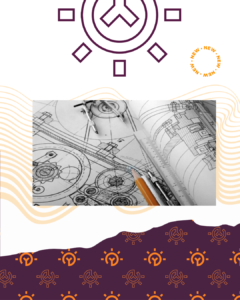Since the late 20th century, we have observed the pressure exerted by an accelerated globalization process on public and private institutions. This pressure demands behavioral changes that are not always easy to implement.
In the legal community, one aspect of this phenomenon is observed in processes of automation and transformation of Law, not always understood by the public institutions and private actors involved. It is urgent that legal operators, such as lawyers, prosecutors and judges, understand the depth and extent of the transformations caused by the use of technology in the legal field.
A survey conducted by the São Paulo Law School of the Fundação Getulio Vargas (FGV DIREITO SP) investigated the use of complex software that employs artificial intelligence in the scope of judicial proceedings (CEPI, 2018a). The objective of the study was to assess whether legal professionals are prepared for their activity to be performed based on technology and how these professionals can prepare for technology-based legal professions.
Through a quantitative survey with professionals in the area, it was found that only 44% of respondents use software. The use is of more basic tools for process or financial management. The authors believe that this is due to the fact that most law firms are small, composed of up to ten lawyers and the incorporation of more advanced technologies is expensive. Larger firms, with greater capacity for investment in technology, would therefore be more prepared to incorporate technological advances.
Most respondents said they do not use software to aid in legal activities. However, they believe that its use can generate greater productivity and better organization in the practice of law. There is a strong perception that the impacts of the use of software on legal activity are relevant.
It is also believed that it is possible to automate more complex legal tasks such as document production. The automatic generation of documents from a set of information provided by the user from templates and models is software technology already widespread and implemented in various ways, but which can be expanded from Artificial Intelligence resources.
The research also concluded that there is ample room for the implementation of advanced technological tools given the indications of high repetition of work, which are verified in the frequent presence of mass litigation among the activities of the offices and the widespread use of models.








